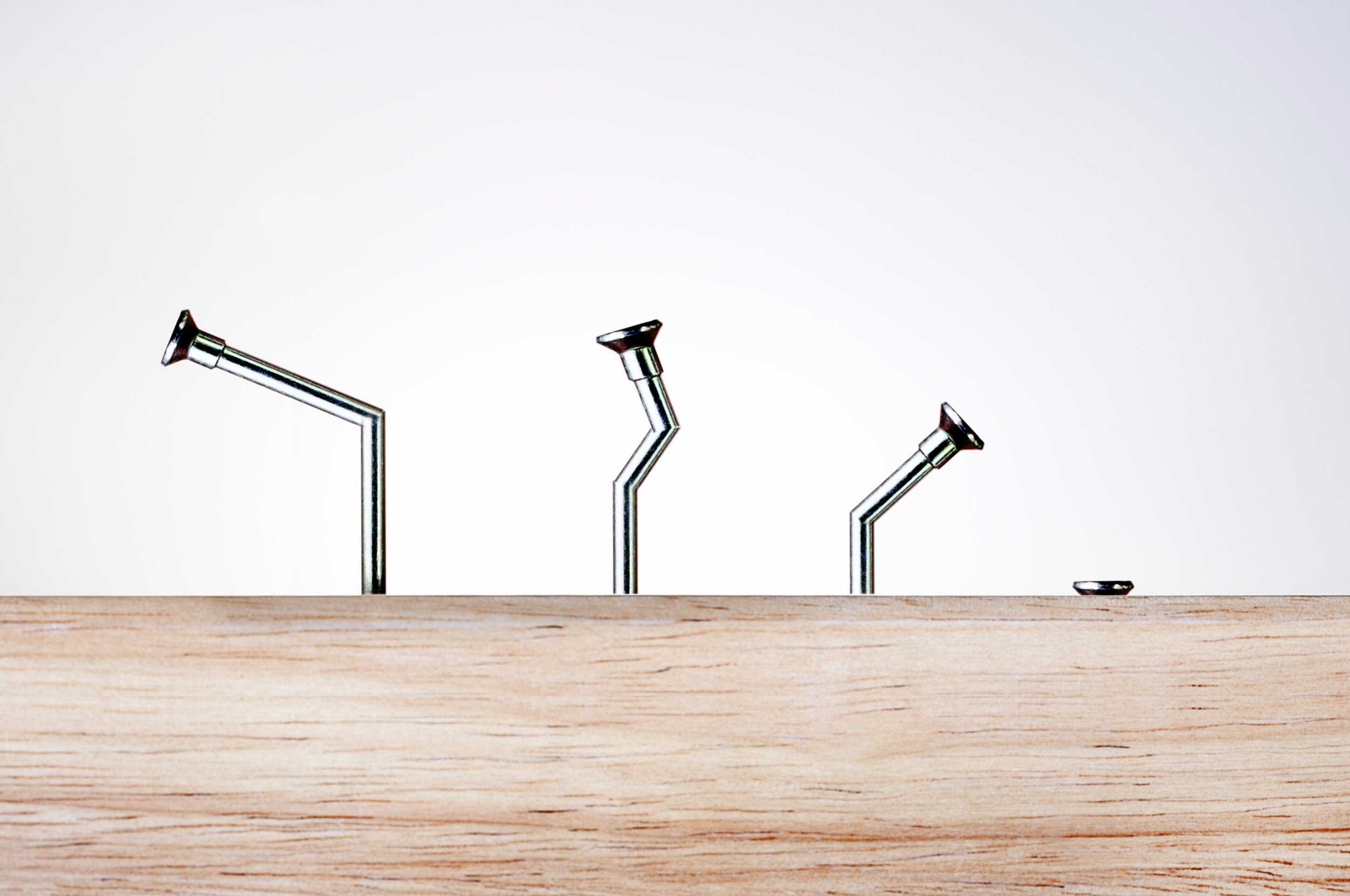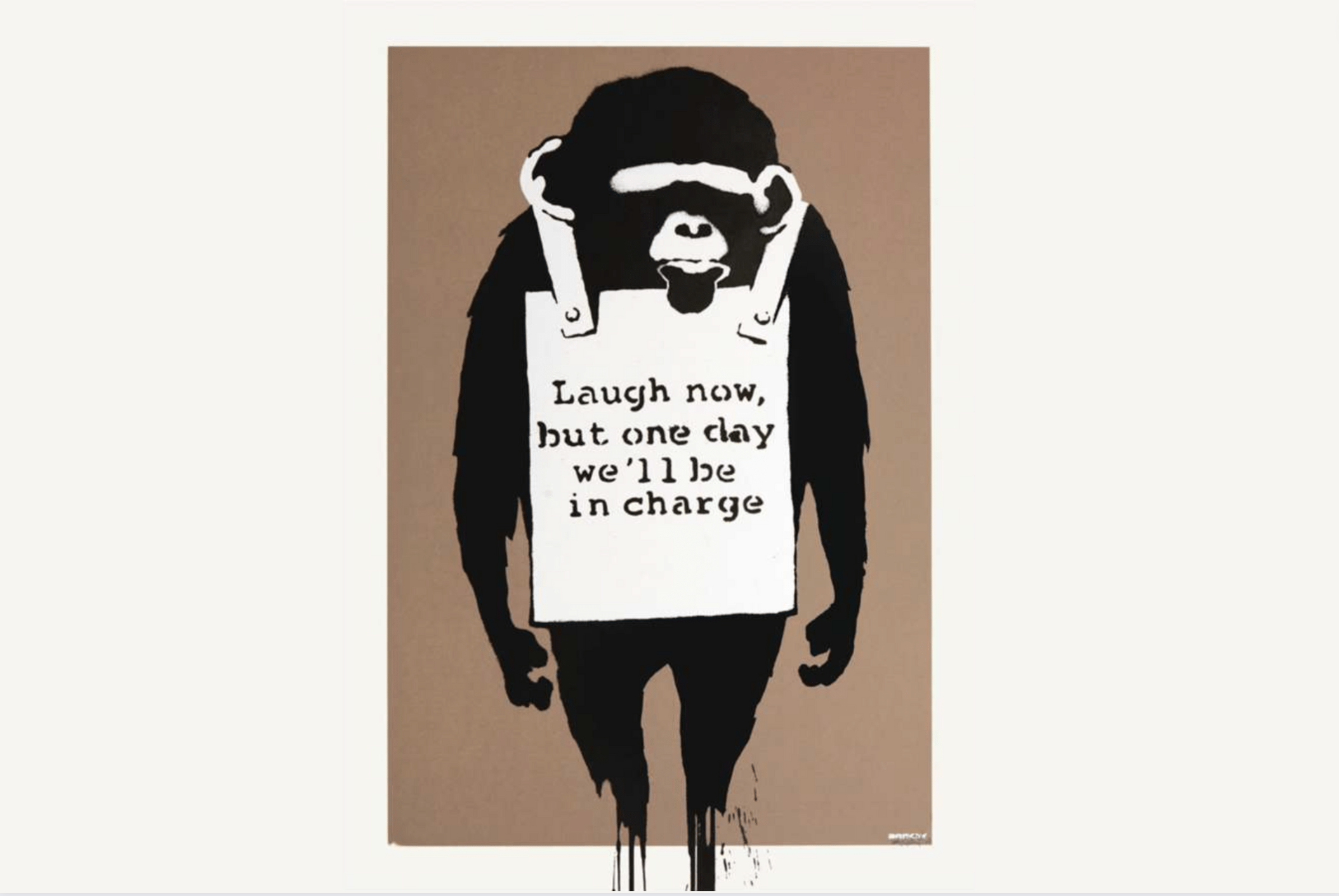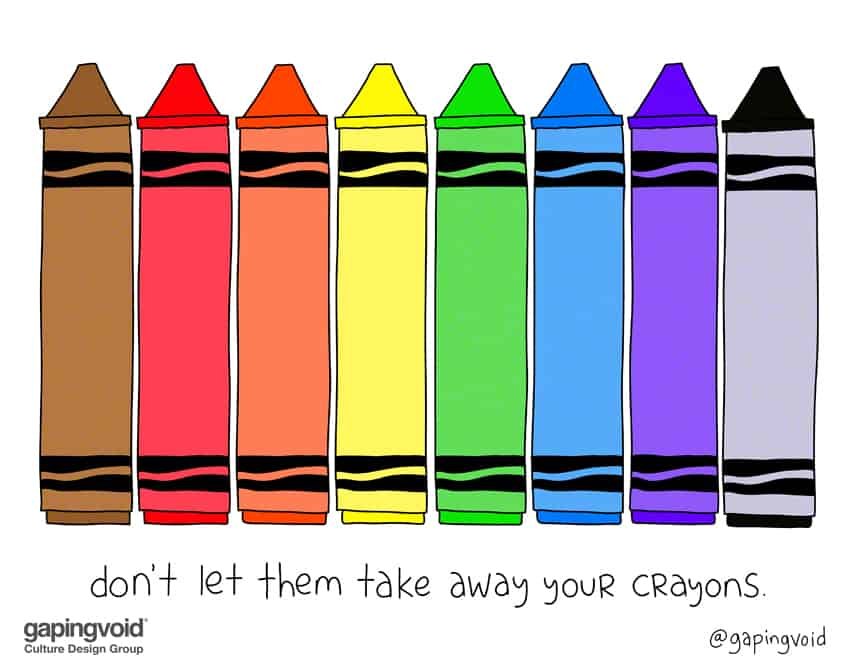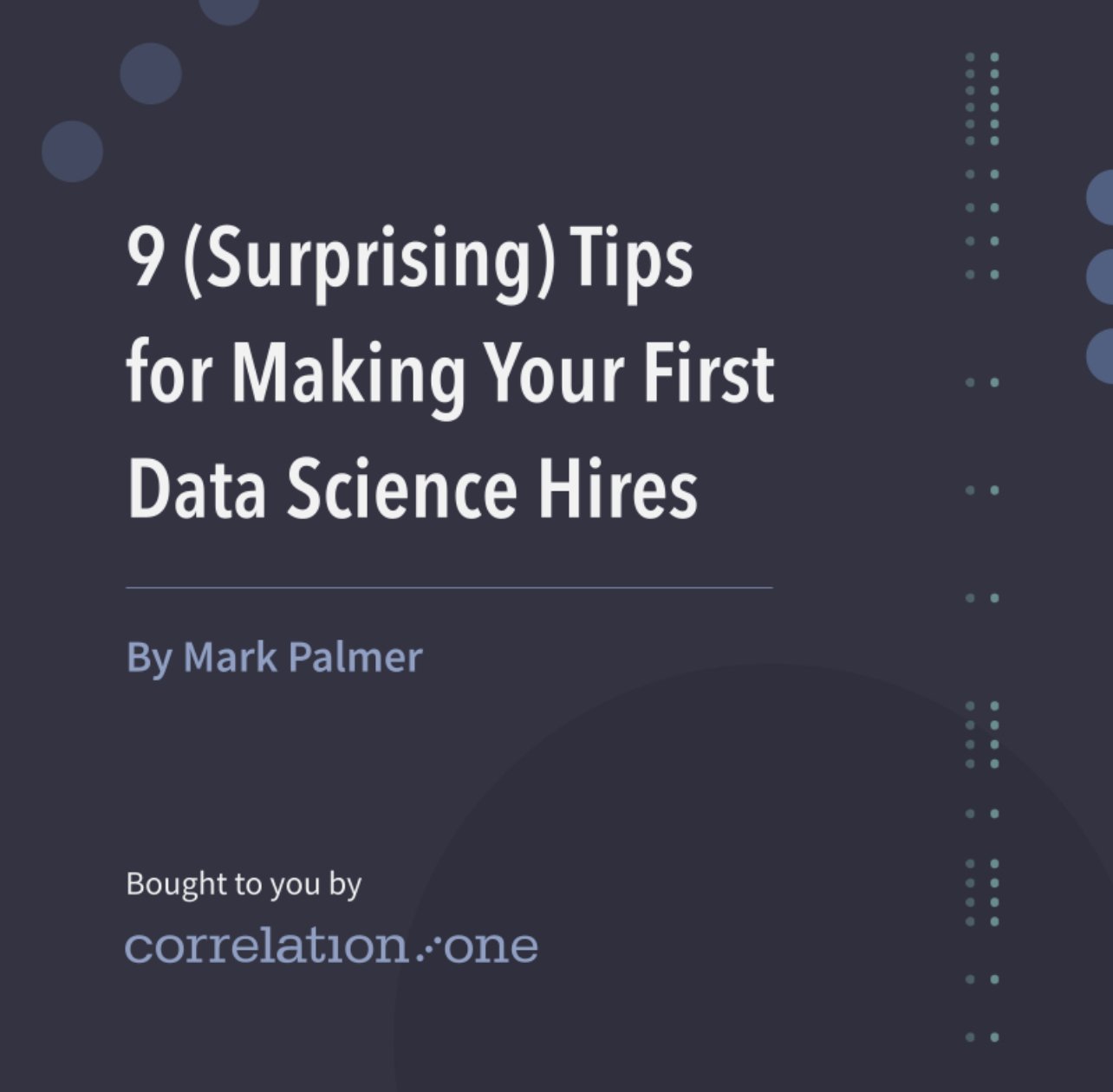Why Leaders Should Smell Like Dogs
As you rise in leadership seniority, learn to trust your sense of smell, like a dog.
This week, an SVP asked me how to convince his CEO to approve a hire he wanted to make. I gave him several ideas, including the last and ultimate one: "While his questions are fair, it's your job to make this decision. That's why he hired you."
Some leaders equate responsibility with power, prestige, and money. I don't think that's right — leadership is about being dog-like.
Let me explain.
DOGS CAN SMELL TIME
In Can dogs smell time? Just ask Donut the dog, author Dr. Michaeleen Doucleff explores the uncanny ability of her family dog, Donut, who seems to "know" when the school bus is about to arrive.
Doucleff interviewed psychologist Alexandra Horowitz, who studies dog cognition at Columbia University and Barnard College, who explains that dogs are acutely in tune with their environment. They can "tell time" by paying close attention to physiological signs like the rumble in their stomach and changes in lighting and smell.
Humans receive these signals, too—Horowitz says, "Both dogs and humans notice, 'Oh, it's getting a little bit dark in the room.’" But do you listen? At work, I think the job of a senior leader is to be more dog-like.
WILD PROBLEMS
Russ Roberts explains the essence of leadership in his best-selling book Wild Problems. Wild problems are questions that have no clear answer because the very act of making them will change you.
As a renowned economist, research fellow at Stanford, and president of Shalem College, Roberts knows about decision-making. He used one of history's greatest scientific thinkers, Charles Darwin, to illustrate wild problems.
Nearing his 30th birthday, Darwin began to grapple with a decision many of us face: to marry or not to marry. We know this because Roberts prints the actual entries from Darwin's journal.
The "Marry" side of the ledger from Darwin's journal includes cringe-worthy "facts" like "forced to visit relations," "female chit-chat," and "better than a dog." In Darwin's list, the negatives outweigh the positives. By my count, 13 to 9.
Finally, upon reflection, Darwin married. By most accounts, and as his journal attests, it was long and fruitful.
“Darwin’s Dilemma” is a template for wild problems: they’re unsolvable, data doesn’t really help much, and once you make them, you’re forever changed.
LEADERSHIP PROBLEMS ARE WILD PROBLEMS
Wild business problems are like wild personal problems. Like Darwin's decision to marry, you can only know it's right once you change and grow with its implications.
Tame problems are solvable with data. They include understanding which salespeople performed the best, which marketing campaigns generated the most leads, and how profitable your business is.
But the crucial decisions leaders make are wild problems. These include questions like: will this salesperson build customer trust and confidence? How can we tell our story that shows that we understand the customer's needs? Will this hire complement the team I already have? Decisions like these, once made, change you, your culture, and your company.
The job of a senior leader is to ponder wild questions and make instinctual judgments. To be more like a dog, if you will.
COMMAND AND CONTROL LEADERS: BAD DOG!
Not all CEOs view leadership this way. Authoritarians want senior leaders to act like cogs in a wheel. They favor subservient managers who sit, lay down, and roll over on command. These, to me, are weak leaders. They don't trust; they stifle decision-making and favor obedience over creativity.
Bad dog!
Creative leaders trust their sense of smell and encourage their teams to trust theirs. Smell-trusting is the wellspring of innovation.
SMELLING DECISIONS
A company hired a consultant to fix a problem in a large, complicated industrial equipment. The issue had vexed other consultants before her.
She listened to the machine run, read its maintenance history, interviewed staff, and only said a little. Then, after a few hours, she said, "Check here."
She was right — she had found the problem.
The next day, she sent a bill. It read:
$1,000 (hourly rate)
$99,000 (for knowing where to look)
—---------------------------------
TOTAL: $100,000
Expensive management consultants work this way. They charge hefty fees, but what they “do” is listen, emphasize, find problems, strategize, and make decisions. Some consultants are worth all that money — they get paid big bucks to use their sense of smell.
But anyone can be a better leader. As Horowitz says, humans, like dogs, have a great sense of smell. We both notice it's getting a little dark in the room. Or light. Or stinky. The job of a leader is to trust your sense of smell, trust your instinct, and confidently make wild decisions. You don’t need expensive consultants—try it and trust it.
Because, well, that's your job.
NEWSFLASH: I'm shifting my writing to Substack! I'll put most of my articles in both places for now, but will begin posting there more. You can subscribe by checking out this article on Substack here.














